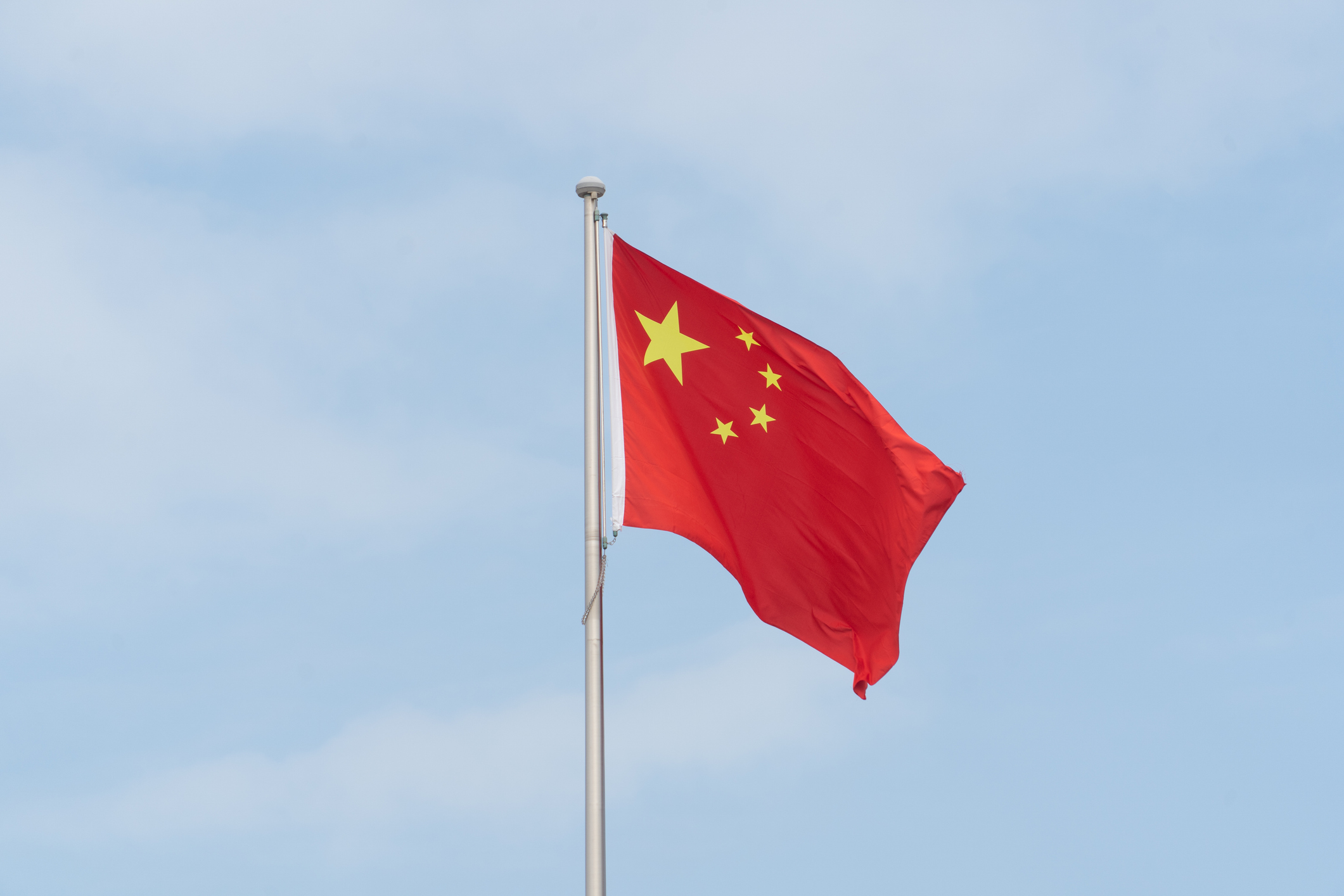



johndoe@gmail.com
Are you sure you want to reset the form?
Your mail has been sent successfully
Are you sure you want to remove the alert?
Your session is about to expire! You will be logged out in
Do you wish to stay logged in?

Gender plays a critical role in shaping access, experiences, and outcomes within education systems around the world. From classroom participation and curriculum design to policy, leadership, and lifelong opportunity, gender influences how learners are supported—or excluded—at every stage of education.
Scroll down to explore expert-led research and global perspectives that examine gender dynamics in depth, addressing issues such as equity, identity, power, and intersectionality across diverse cultural and educational contexts; and gain insight that can inform more inclusive, effective practice worldwide.
Read a sample chapter from teacher education expert Mike Younger offering an overview of how both male and female students in the UK experienced education inequity across a span of 15 years (1988-2013), setting the stage for current and future challenges.
Gain insight into how pedagogies of critical hope and social justice can help move the world towards a place of gender equality in this chapter from experts Lisa Ferro and Sandra Saúde.
Learn about the paradox of increasing educational opportunities in Iran despite discriminatory restrictions imposed on girls and women with this chapter about gender representations in Iranian school textbooks from sociologist Saeed Paivandi.
Explore gender within the context of elite, private schools with this chapter from Wee Loon Yeo about how hegemonic rules of masculinity shape the growth of young Asian males.
Discover how schools around the world navigate the needs of gender nonconforming students with a firsthand narrative from a mother seeking a healthy and safe learning environment for her child.
Explore a selection of articles providing overviews of how interpretations of gender shape education across different countries:

China’s education system is one of the largest and most influential in the world, characterized by strong central oversight, high levels of participation, and a long-standing emphasis on academic achievement.
In recent decades, China has made notable progress in expanding access to compulsory education, improving infrastructure in rural and western regions, and raising literacy levels. At the same time, significant challenges remain, including intense exam pressure, persistent regional inequalities, and concerns about student wellbeing within a highly competitive, test-driven environment.
Ongoing reforms aimed at reducing homework and tutoring burdens, modernizing curricula, and strengthening vocational and higher education pathways reflect efforts to address these issues, highlighting a system in transition as it balances equity, equality, and social expectations.
While early and primary education in China is near-universal with high enrollment rates and a strong focus on foundational skills such as literacy and mathematics, curricula continues to advance towards both a respect for tradition and consideration of changing social contexts and localized needs. While concerns about academic pressure remain, recent reforms to reduce homework, limit private tutoring, and improve teacher training signal efforts to create a more equitable and child-centered system in the future.
China’s secondary education system is highly structured and academically rigorous, with students preparing for high-stakes exams that largely determine their future opportunities. Despite enduring pressures and regional disparities, initiatives to diversify curricula, expand vocational education, and reduce exam-related stress point to gradual improvements in equity and student wellbeing.
China’s higher education sector has expanded rapidly, with growing numbers of universities, international collaborations, and research output (along with an accompanying concern about cost and access). Challenges such as uneven quality across institutions and intense competition persist, but policies supporting innovation, broader access, and skill-based learning indicate a continuing focus on strengthening the system for the common good.